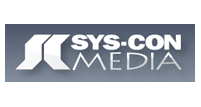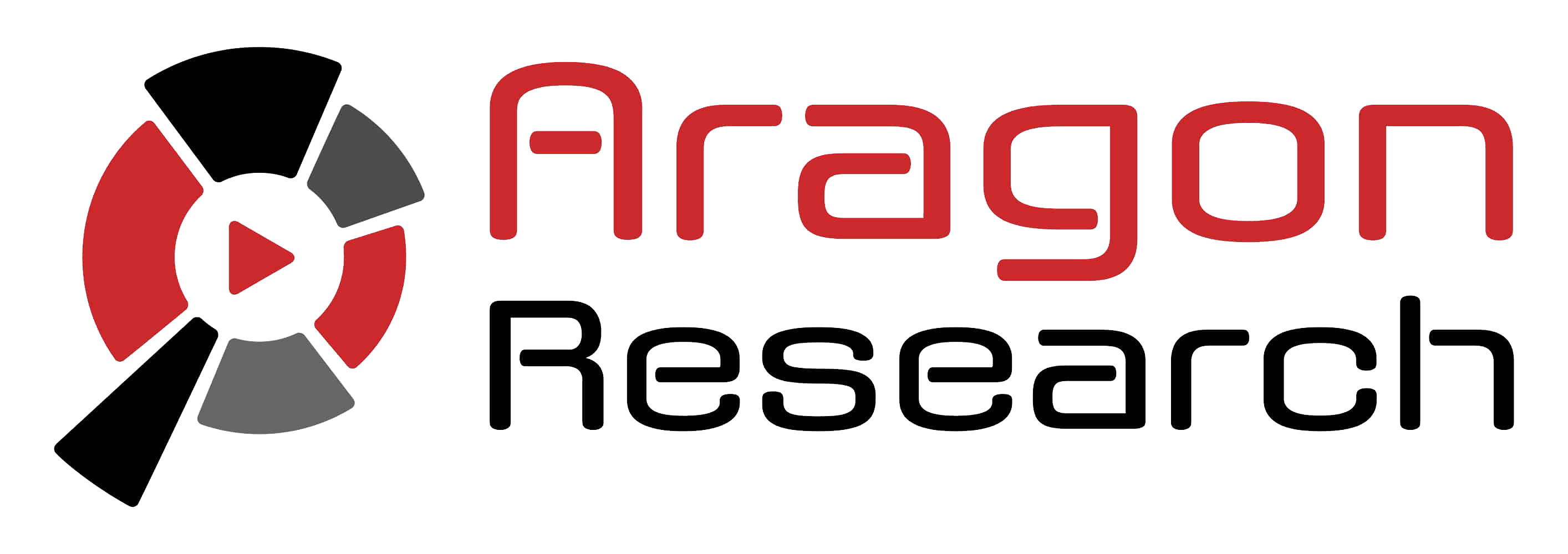 by Maureen O’Gara – SYS-CON
by Maureen O’Gara – SYS-CON
On Monday Adobe said that it had acquired EchoSign, a start-up in the electronic signatures business. Price wasn’t disclosed but the outfit had raised at least $8.5 million from the venture capitalists.
Adobe said it was going to move the e-sign widgetry into its online document exchange services platform, which is used for document access, review and approval. It also said it would integrate it with its document services like SendNow for managed file transfer, FormsCentral for forms creation and CreatePDF for online PDF creation.
The acquisition had EchoSign founder and CEO Jason Lemkin, a lawyer by training, musing that between EchoSign’s ease-of-use for contracting on the web and Adobe’s brand, reach and trust in the document space, “I fully expect that electronic signatures will soon become the common way for people to sign documents.”
Bright and early Tuesday morning Adobe and its shiny new acquisition were sued for willful patent infringement by RPost, the inventor of Registered Email and a pioneer of electronic signature services.
RPost claims to own the technology for electronic signatures on an e-mailed contract in a process that results in a signed-off contract with high evidential weight, a comprehensive audit trail and an authentication mechanism.
RPost has charged the pair with infringing five of its US patents in the notorious plaintiff-leaning district court for the Eastern District of Texas where RPost has an office.
It claims EchoSign’s audit trail, authentication and evidentiary claims – recent enhancements that must have attracted Adobe – tread on its IP. It wants a permanent injunction and treble damages.
Learn more: How to Transform Workflows by Creating Templates for Contracts
Earlier this month RPost sued EchoSign competitor DocuSign, another cloud-based electronic signature platform, on four of the five patents it’s alleging EchoSign infringes.
EchoSign was reportedly next on its list. RPost CEO Zafar Khan said the company has been reviewing EchoSign’s technology for several months and was in the final stages of filing last week. With Adobe’s acquisition of EchoSign, it filed suit naming both companies.
Khan said RPost originally viewed EchoSign’s electronic signature service as more of a novelty – a cosmetic way of putting a typewritten name in a fancy font and calling it an electronic signature.
But, in light of recent marketplace demand for a higher level of forensically verifiable proof surrounding electronically signed documents – proof with an audit trail and a method of verifying authenticity – RPost found that “EchoSign upgraded its services based on the teachings published in RPost patents.”
EchoSign requires no scanning, electronic signature pads or digital certificates. Adobe has previously focused on Public Key Infrastructure (PKI) digital certificate technology to allow users to cryptographically sign documents. A lot of people found the process of getting the digital certificates, installing them, managing them, and renewing them complicated. And they had to hope that the guy at the other end wasn’t all thumbs technically. Apparently Adobe bought EchoSign and its subscription-based service to replace that cumbersome widgetry.
RPost claims to own the technology for registered, legally recognized, court-admissible evidence of e-mail content and delivery going back to 1995. Its 35 patents, granted in 21 countries, broadly cover verifiable proof of e-mail delivery and value-added outbound e-mail processing.
It’s currently suing Swiss Post, Canada Post, Canada Post joint venture Innovapost, Swiss Post reseller Totomo, Trustifi, RightSignature, another software-as-a-service electronic signature start-up, RightSignature reseller Farmers Insurance, Globalpex, Australia-based ReadNotify, Zix Corporation, Swiss-based Privasphere, Israeli-based PointofMail operator Dimitry Kagen, Rewpost.com and Brazil-based Comprova.com Informatica SA for patent infringement.
And it’s suing the US Postal Service and Authentidate for unfair competition and false advertising under the Lanham Act as part of the infringement suit against Trustifi.
Lest you think for a moment that it’s a troll, it’s not. It’s just determined to protect what it sees as its franchise.
Besides its core Registered Email business it’s got an E-Contracting Solution that combined elements of its eSignOff electronic signature service and its Registered Email legal delivery proof services.
eSignOff lets the user attach any contract to an e-mail and send it as you would any e-mail. The recipient gets the e-mail and reviews the contract without having to download any software or log-in to another web site. In a few mouse-strokes, he or she can handwrite a mouse-scripted signature that becomes electronically sealed to the contract. It has the look of a traditional pen-and-ink signature, with the added benefit of future authentication. It provides both parties with the signed-off contract and a court-admissible record of contract execution – including proof of signature, content, official time/date stamp and underlying Internet forensics.
RPost’s E-Contracting Solution is offered for a flat per e-mail price that runs about the cost of a postage stamp, a fraction of the typical courier charges. It also offers monthly and annual all-inclusive service plans. It’s available for all e-mail platforms and integrates with other systems such as SalesForce.com, Zimbra and SAP.
The patents RPost hit Adobe and EchoSign with include No. 7,707,624, dating to April 27, 2010, entitled “System for, and Method of, Proving the Transmission, Receipt, and Content of a Reply to an Electronic Message.” No. 7,865,557 and No. 7,966,372, dating to January 4, 2011 and June 21, 2011 respectively, are both entitled “System and Method for Verifying Delivery and Integrity of Electronic Messages.” Nos. 6,182,219 and 6,571,334 entitled “Apparatus and Method for Authenticating the Dispatch and Contents of Documents” are generally directed to novel apparatuses and methods for authenticating that a sender has electronically transmitted certain information via a dispatcher to a recipient. They date to January 30, 2001 and May 27, 2003, respectively.

February 19, 2026

February 12, 2026

February 06, 2026

January 16, 2026

December 10, 2025